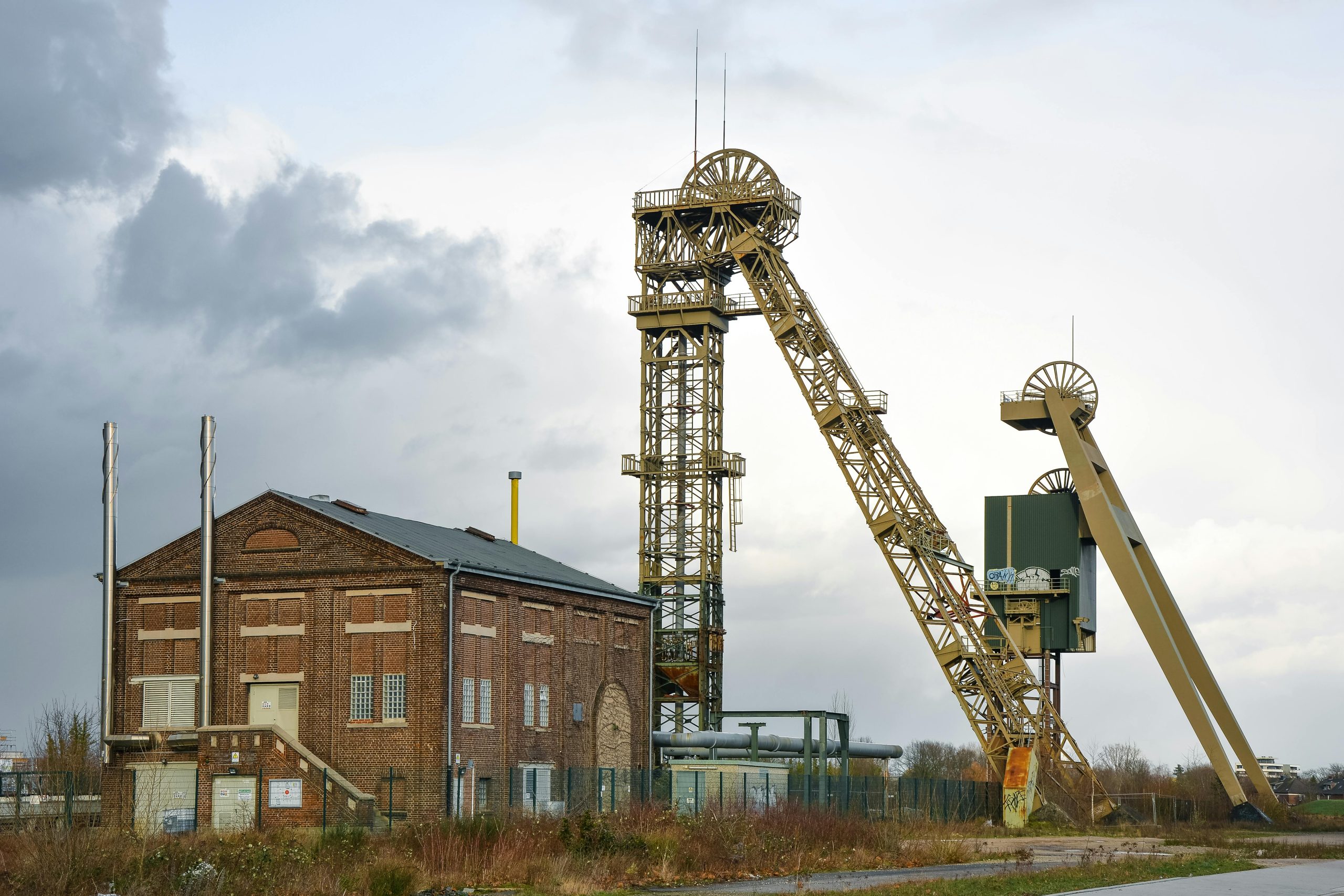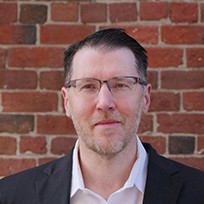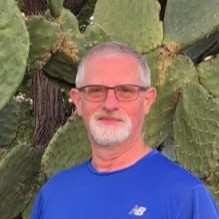Short Course
PEGNL Short Course - Structural Geology and Geological Models for Resource Optimization and Mine Design – Review of Best Practices
FULL DAY – November 4 | 09:00 – 16:30

Description:
Structural and geological models underpin advanced-stage projects from the pre-feasibly, through feasibility and construction and design phases. As such, theses model are key factors in the determining success or failure of a mineral extraction project.
The Canadian Institute of Mining, Metallurgy and Petroleum’s (CIM) Mineral Resources and Mineral Reserves Committee (CIM MRMR Committee) prepared the CIM Estimation of Mineral Resources and Mineral Reserves Best Practice Guidelines. These guidelines provide best practices for estimating Mineral Resources and Mineral Reserves but also offers valuable insights into data collection and management (primary observed, measured, and interpreted data), and geological and mineralization modelling, including the Mineral Resource estimation domains. The geological and mineralization models, including the Mineral Resource estimation domains, should integrate as much information as possible and must fit the current understanding of the geology, structure, and mineralization. These models should honour the primary observed and measured data, to include but not be limited to lithology, structure, mineralogy, degree of weathering, alteration, and timing of mineralization (cross-cutting features).
For the geotechnical mine-design perspective, key-inputs include the Major Structure Model (generally deposit-scale faults and/or shear zones) and the Fabric or Minor Structure Model (Discontinuities). The geotechnical model must be “fit-for-purpose” and will often extend beyond the boundaries of the resource 3D model and into waste rock domains.
The short course will review best practices for developing and critically evaluating models for both resource estimation and geotechnical design. Input data quality, database structure, QA/QC, model confidence will be discussed. Various case studies will be presented.
*This short course qualifies as PEGNL PD hours.
Facilitators:

Stefan Kruse
Ph.D., P. Geo. – Senior Structural Geologist, Terrane Geoscience Inc.
Dr. Kruse specializes in structural geology site characterization, 3D structural modeling and determining structural controls on mineralization. His Ph.D., from the University of New Brunswick, focused on characterization of polyphase deformation in the Canadian Cordillera, British Columbia. Based on this work he was awarded the Governor General’s Academic Gold Medal award. Dr. Kruse is an Honorary Research Associate and occasional instructor in structural geology and rock mechanics at the University of New Brunswick. Additionally, Dr. Kruse is a current editor for the Large Open Project (LOP), which is engaged in updating global best practice guidelines for open pit development.

Allan Armitage
Ph.D., P.Geo. - Technical Manager - QP, SGS Canada Inc. (Geological Services)
Dr. Armitage received his Ph.D. from the University of Western Ontario. He is currently the Technical Manager and Senior Resource Geologist for SGS Geological Services (“SGS”), a branch of SGS Canada. Allan brings his 9 years of experience with SGS having collaborated on numerous studies with their mining engineers, metallurgists, mineralogists and mineral process engineers.
Dr. Armitage is a professional geologist with more than 35 years of experience and is registered as a Professional Geologist in Alberta, British Columbia, Ontario, and the Northwest Territories and Nunavut.
With over 35 years of geology experience, Dr. Armitage is a highly accomplished resource and exploration geologist specializing in mineral project evaluation and resource estimation. He has led and contributed to projects across the world, bringing deep expertise in geological resource modelling, block modelling, and NI 43-101 compliance. Allan has worked extensively on a wide range of deposit types, including Archean and Proterozoic lode gold, porphyry copper-gold, epithermal gold-silver, base metal massive sulphide, magmatic Ni-Cu-PGE, and uranium deposits.
Known for his technical leadership, Allan combines a strong command of geological environments and ore-forming processes with exceptional skills in 3D modelling and technical reporting. He is also a respected mentor, dedicated to developing the next generation of geoscientists by instilling best practices in exploration protocols and technical excellence. A registered professional with multiple provincial associations, Allan is recognized for his meticulous attention to detail, strategic exploration planning, and ability to bridge technical insights with practical exploration outcomes.
Pricing
Full day PEGNL Short course
Price includes two coffee breaks, lunch and course notes
